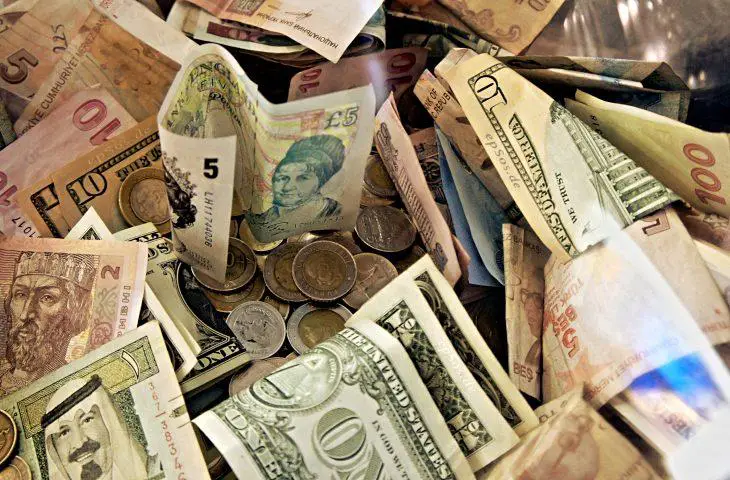Burundi’s central bank cracks down forex bureaus that have been selling dollars at twice the official rate.
This has led to small scale traders finding it difficult to find the foreign currency in the country to trade which is affecting their businesses.
In 2015 when the political crisis erupted, the forex rate almost doubled, with the dollar exchanging at Bfi3,050 ($1.65) against an official rate of between Bfi1,700 ($0.92) and Bfi1,800 ($0.97).
According to a trader in Bujumbura, the central bank’s move means that forex bureaus will not be readily selling dollars which will be creating scarcity leading to a higher black market rate.
In September, Bank of the Republic of Burundi (BRB) asked all forex bureau operators to purchase software worth $ 1,08. Which according to the central bank governor Jean Ciza,was supposed to help the central bank to follow closely the bureau’s activities in efforts to comply with the central bank’s exchange rate.
The government of Burundi also announced that the forex bureaus will have to increase its capital to $54,054 from $81,081.
Also Read: Tanzania, Burundi secure $322.35 million for infrastructure development
The forex bureaus operators are also expected to provide receipts for all exchange transactions and must be registered with an association of forex bureaus.
In Mr Ciza’s announcement he also said that the daily withdrawal of foreign currencies had also been reduced from $3,000 to $500 per day, so whoever exceeds the amount will have to give reasons for it and get permission to do so. The amount changed should not exceed $3,000 per month and the bureaus were given one year to comply with the new regulations.
In 2016, Burundi also experienced a shortage of foreign exchange caused by a political crisis which also affected businesses which were unable to replenish their stocks of imported merchandise.
The European Union had suspended financial support to Burundi, saying President Pierre Nkurunziza had not done enough to resolve an ongoing political and economic crisis.
Jean Ciza had said that along with the 2008 financial crisis and falling prices for export products like coffee, the freeze in foreign aid was making hard currency scarce during the period.
